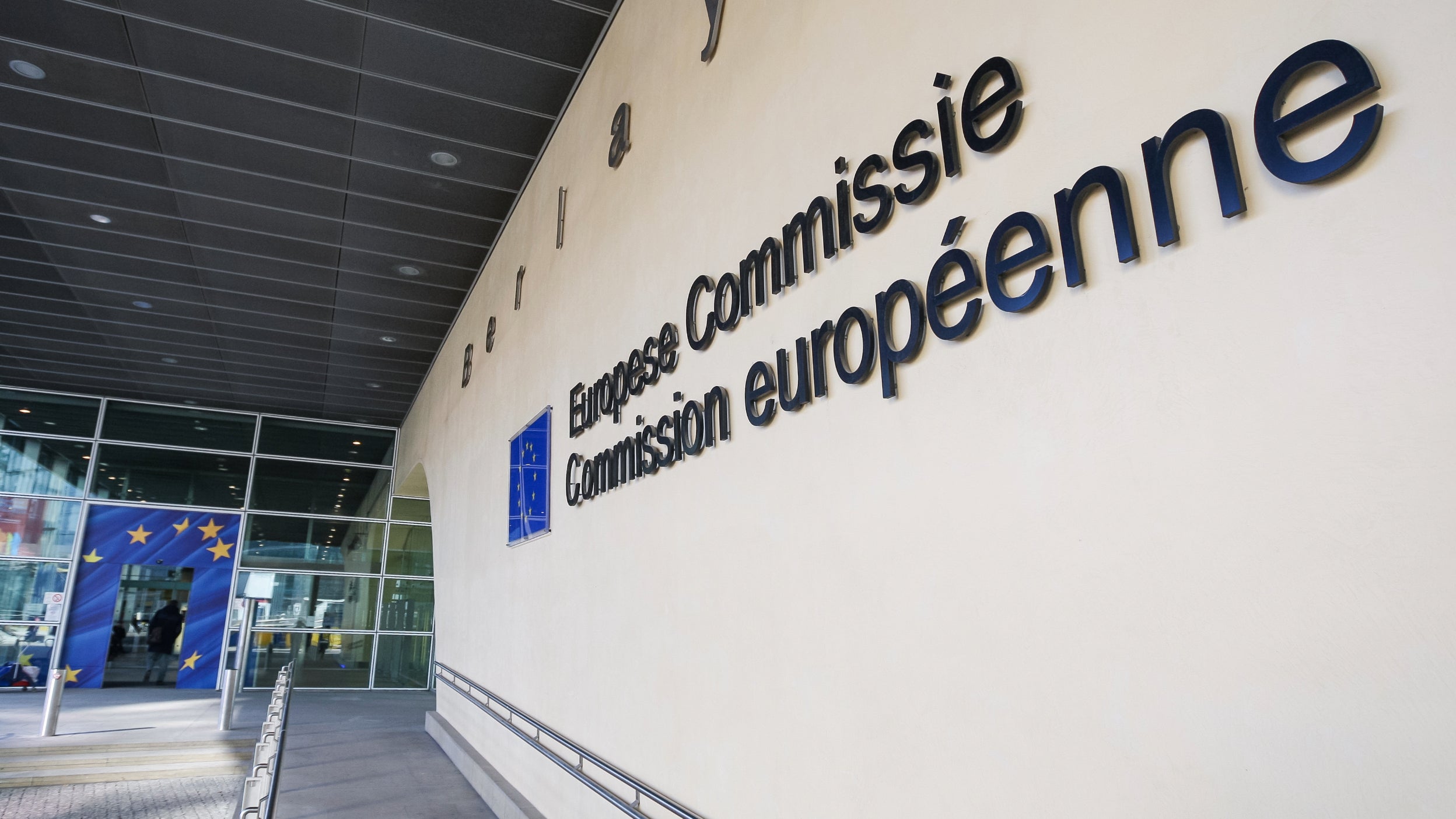
Market Monthly Market Roundup
In our monthly market roundup for August, Invesco experts review a mixed month for global equity markets, alongside key updates in fixed income.

Ursula von der Leyen's new Commission structure includes six Executive Vice-Presidents overseeing various policy areas.
The objectives for Commissioners include developing private pensions, creating low-cost investment products.
The Commission's strategy shifts from pursuing trade agreements to defending EU economic interests amid tensions.
Ursula von der Leyen new Commission aims to boost EU competitiveness by i.a., focusing on improving financial services and sustainable finance.
This includes the development of private and occupational pensions and making it easier for European citizens to invest through low-cost savings and investment products.
On 17 September 2024, European Commission (EC) President, von der Leyen unveiled the long-awaited structure of her new Commission, as well as the “Mission Letters”, which set out the priorities for them over next five years.
The Commission structure now includes six Executive Vice-Presidents. But they will have to undergo confirmation hearings in parliament before they are appointed, where they’ll be scrutinised for conflicts of interests and their integrity.
These hearings are expected to take place between mid-October and early November. Once appointed, the new Commissioners will help shape the policy and political landscape over the next five years.
However, with Member States divided on many critical issues, and a lack of agreement across the EU on what greater ‘competitiveness’ means, the extent to which the new Commission can achieve the objectives remains to be seen.
The key Commissioners from a financial services perspective include:
Stéphane Séjourné (France, Renew) has been appointed Executive Vice President to oversee the broad “industrial policy” portfolio requested by French President Emmanuel Macron, with direct oversight of DG GROW (Directorate-General for Internal Market, Industry, Entrepreneurship and SMEs).
A key determinant of his and France’s real influence over EU policy going forward will be his ability to assert authority over the four Commissioners that will work under his guidance. They include the Commissioners for trade, economy, capital markets and innovation.
Séjourné will also oversee Commissioner Šefčovič (Slovakia, NI), who will lead the EU’s trade policy. He will mostly be looking at linking EU trade policy with the EU’s foreign economic policy objectives.
This means there will be a shift in focus from pursuing (new) free trade agreements to defending the EU’s economic interests. He will also be responsible for the EU’s trade relationships with key partners, including the UK and the US.
Maria Luis Albuquerque (Portugal, European Peoples Party) will oversee the Directorate-General for Financial Stability, Financial Services and Capital Markets Union (DG FISMA) and report to Stéphane Séjourné.
She is tasked with completing the EU’s Capital Markets Union (now termed the Savings and Investment Union) so that private investments can fuel Europe’s innovation and declining productivity. Albuquerque’s mission letter is heavily influenced by the Draghi and Letta reports and tasks her with a number of key objectives including:
Executive Vice-President Teresa Ribeira (Spain, Socialist & Democrats) will not only be responsible for the Clean, Just and Competitive Transition, but will also take care of the digital transition.
Additionally, as the responsible commissioner, she will oversee the Directorate General leading on competition and is tasked with aligning competition and industrial policies.
In line with the de-regulation and simplification ambitions of the new term, von der Leyen installed Valdis Dombrovskis (Latvia, European Peoples Party) as a new Commissioner for implementation and simplification in charge of streamlining regulation. He will play an important role in attempts to reduce red tape across policy areas including financial services.
Several of von der Leyen recommendations in her mission letters reflect what was outlined in Mario Draghi’s report on competitiveness.
These include creating adequate sources of financing of productive investment through developing the Capital Markets Union, a more integrated fiscal space, common debt, and targeted financing.
These points specifically have been taken up in Albuquerque’s mission letter for financial services. A general notion stemming from the report and the mission letters is the need and support for more simplification across EU legislation.
The key areas for asset managers and the legislative outlook are summarised in the table below:
| Key areas of interest to financial services | Look ahead |
|---|---|
| Capital Markets Union / Savings and Investment Union |
|
| Geopolitics |
|
Trade |
|
| EU energy and Green Deal policies |
|

In our monthly market roundup for August, Invesco experts review a mixed month for global equity markets, alongside key updates in fixed income.

The Middle East dominated the news, but beyond oil and gas, most markets haven’t yet reacted heavily. Central banks remain in somewhat of a wait-and-see mode.

Welcome to Applied philosophy, our view on global equity market model sector allocation.